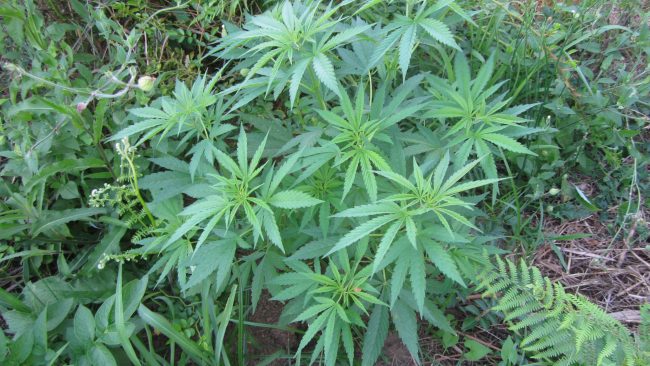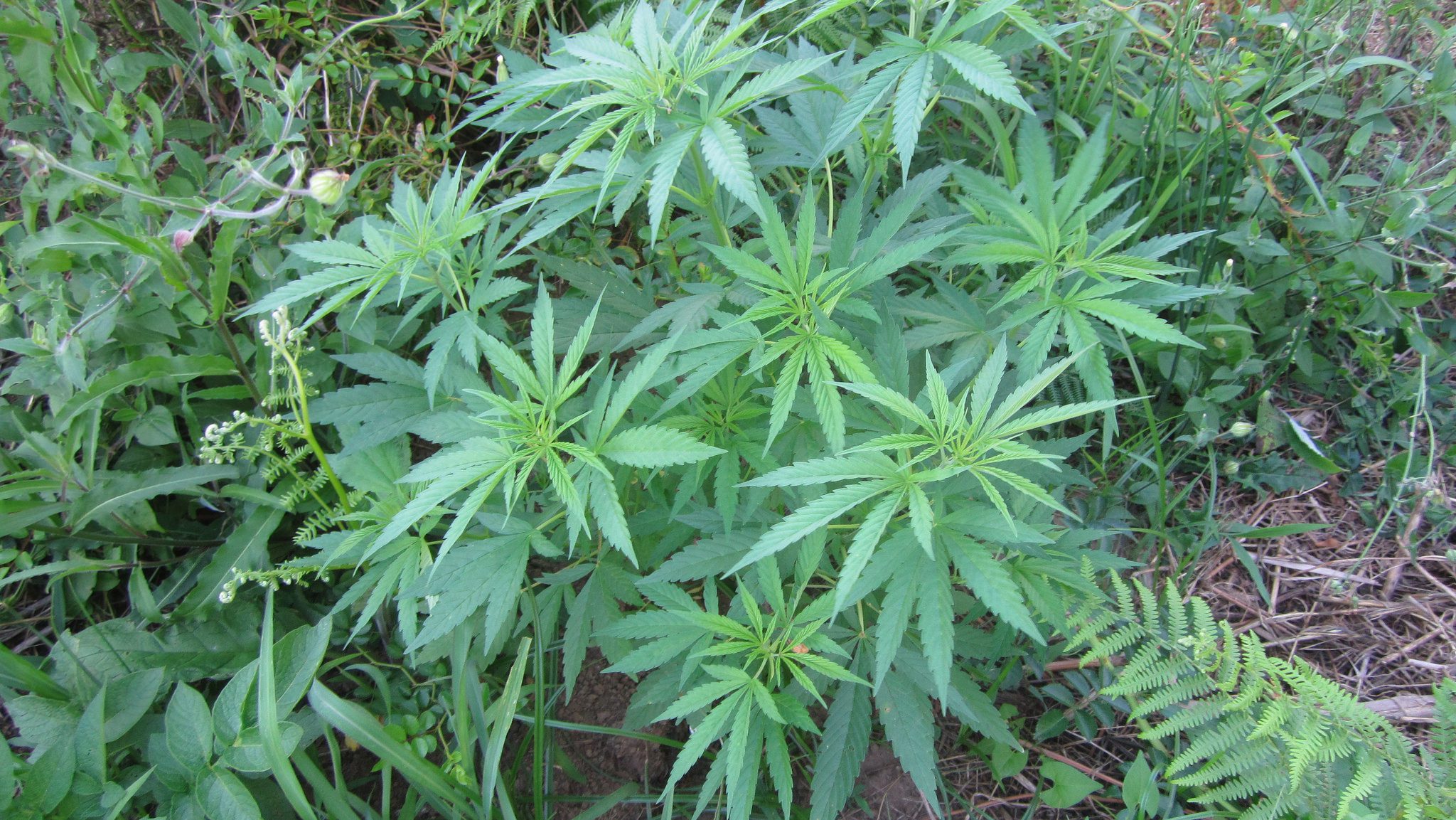
Cotton Plant, Arkansas was an economically dying town, until the state voted to legalize marijuana for medical purposes in 2016.
The legalization opened an opportunity for a new industry and a way to address some social issues. Marijuana growers are encouraged to set up shop wherever new jobs are needed the most.
Mayor Willard C. Ryland was excited when a start-up company named Bold Team approached him about wanting to invest in Cotton Plant. He did not care that it was to grow marijuana. “I consider it a miracle, I really do. This is what we’ve been looking for. And what’s remarkable about it is that they came and found us.”
Other legalized states have encouraged minorities to take advantage of the new marijuana industry as growers or distributors. Many states and cities are hoping forlorn towns will reap the economic benefits, especially the areas that have posed the most “intractable economic puzzles.”
McKeesport and New Castle, Pennsylvania, once known as manufacturing town are now depending on what they can grow to prosper. According to the mayor of New Castle, Anthony Mastrangelo, “We’re talking about bringing in anywhere from 100 to 150 jobs – for us, that’s important.” The population of New Castle is 22,000. Holistic Farms has filled a large warehouse with marijuana seedlings and grow lights. The mayor is hopeful that the new industry will turn the struggling city around. The city has been struggling since the early 1990s when the Shenango China Dinnerware plant close.
Mastrangelo said there were not many complaints about the new industry in New Castle but acknowledges the marijuana business will not fit in everywhere.
A Republican state representative from Tennessee, Jeremy Faison, sponsored a medical marijuana bill and he struggled with a significant amount of pushback from his own district.
In Cocke County, the legislative board passed an opposition to is medical marijuana bill on the grounds that cannabis is still considered illegal by the federal government.
Faison believes that the new business is what the rural community of Cocke County needs. More than 24 percent of the residents live in poverty and the illicit growing of marijuana and making of moonshine has been a historic fact of economic life. Therefore, Faison is unclear why he experienced hard opposition.
In February, the Arkansas Medical Marijuana Commission announced the Bold Team was among the companies that would be granted a license to grow cannabis in Cotton Plant. However, on March 21 the process for licensing was declared null and void by a Little Rock circuit court judge. The judge pointed out that two of the commissioners had professional connections to owners of two other companies that were chosen. The ruling is being appealed by the attorney general. It will go to the Arkansas Supreme Court.
Similar challenges are common in the state rollouts of medical marijuana. Ryland is confident the Bold Team will be allowed to set up shop eventually. The company would initially need 25 employees. Some of them will be hired locally as unskilled labor. The Bold Team also promised to donate one percent of the gross sales to the city budget.
At one point, Cotton Plant had four cotton gins. The mill employed 400 people, but it has been gone a long time. During WWII, they population peaked at 1,800 residents. Since then, it has dwindled down to 653 residents.
Decades ago, manufacturing removed the need for field hands. Many black people migrated to the north and took jobs in factories. When schools were forced to integrate in the 1970s, many white families moved out of the area. The high school closed in 2004 and the elementary school in 2014.
Today, Cotton Plant is 73 percent black people, and 30 percent of the residents are living below the poverty line.
Recently, Ryland offered a tour of the town. Main Street is lined with collapsing buildings and boarded-up storefronts. There is no longer a bank, grocery store, liquor store or gas station available in the town. There is a convenience store with a coffee shop in the back and a few retail businesses that still remain.
Ryland really wants to see the cotton warehouse taken over by an e-commerce company. Sister Rosetta Tharpe was an R&B and gospel singer and guitar pioneer who was once a tourist draw for Cotton Plant. She was born in the little town.
When the state of Arkansas voted to legalize medical marijuana, Ryland’s vote waivered. He said there was a moral concern as he remembered the hippie period. However, he was encouraged by other states that had voted yes and approved cannabis for medical purposes.
Then the Bold Team came calling. The rented an 8.5-acre lot behind a mountain of 250,000 tires, at $1,500 for a month.
Thirty-five-year-old Kiyona Woods is excited about the marijuana industry in Cotton Plant. She drives 12 miles to work and would welcome the shorter commute. She said the people in the town are happy about the Bold Team because they will bring jobs back to the little town.
Elizabeth Nail and Alice Sorrells are both in their 70s and they are also excited about the new business. Nail said she hoped medical marijuana would help her great-granddaughter, who suffers with up to 50 seizures a day.
Sorrell is concerned that desperate people will try to steal the cannabis plants. However, Nail explained it will be grown inside a building.
The mayor is hopeful and once the Bold Team received their license to grow in Cotton Plant, he called Dollar General and let the company know that change was coming.
By Jeanette Smith
Source:
The New York Times: A Dying Southern Town Needed a Miracle. Marijuana Came Calling.
Image Courtesy of MarihuanayMedicina’s Flickr Page – Creative Commons License



